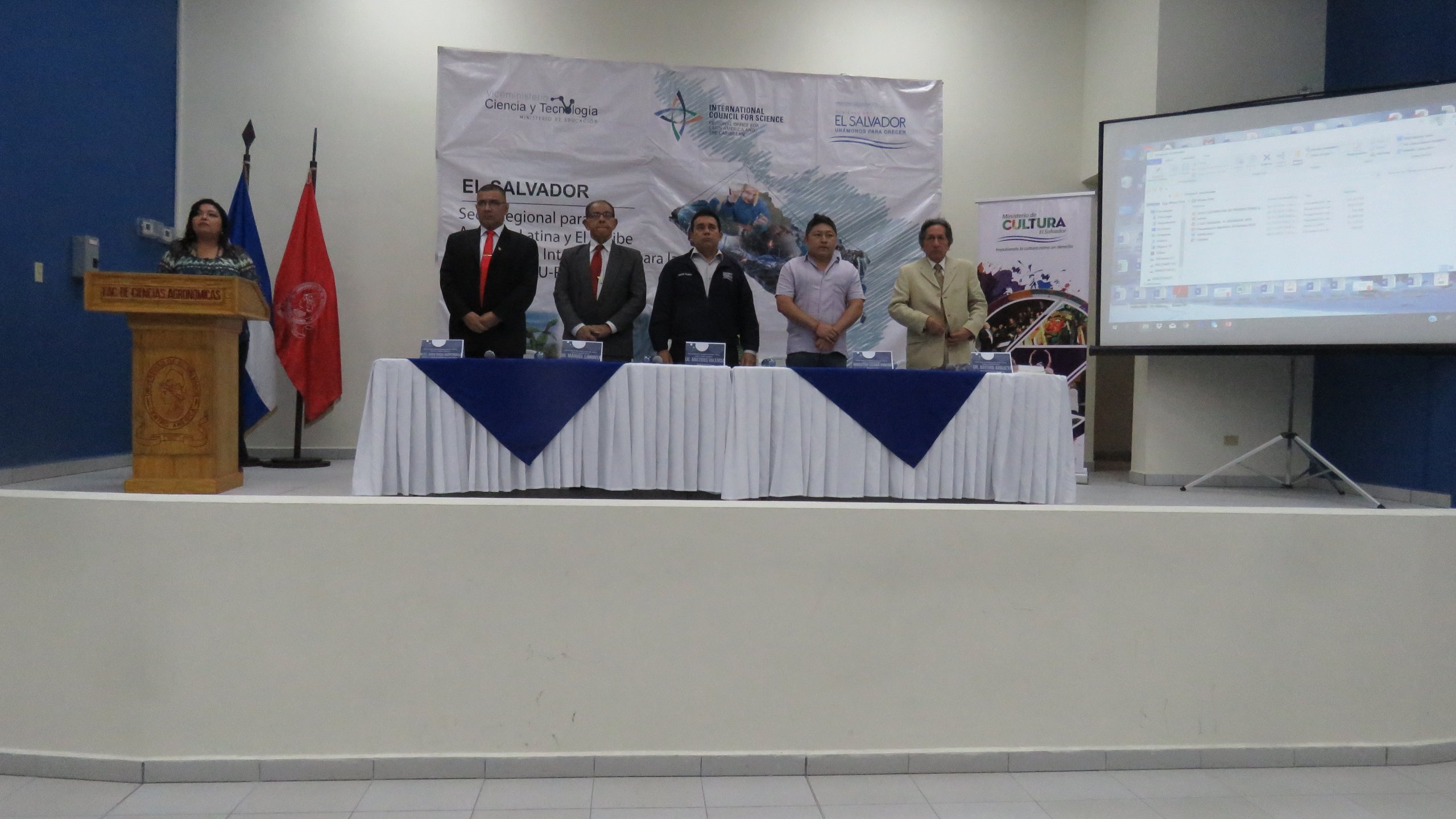ISC ROLAC, in joint efforts with several Salvadoran and Mexican governmental and non-governmental organizations, developed a Symposium on Ancestral Knowledges, Public Policies, and Ancestral Knowledge Dialogues, which took place from December 5th to December 8th, 2018.

From December 5th-8th, the ISC ROLAC office, with The Ministry of Culture of El Salvador, The National Autonomous University of Mexico (UNAM), The Vice Ministry of Science and Technology, The National Council of Science and Technology from Mexico, the University of El Salvador, and the Thematic Network Biocultural Heritage of UNAM hosted a symposium on Ancestral Knowledge, Public Policies and Ancestral Knowledge Dialogue.
One of the main goals of this event was to bring together actors from Latin America immersed in cases of knowledge dialogues so that through their experiences, they could reflect on aspects such as the analysis of the methodologies and conditions used to undertake the dialogue of ancestral knowledge. The Symposium offered conferences of experts from different countries such as Bolivia, Mexico, Brazil. Ecuador, Panama, Venezuela, and other Latin American countries.
This event took place on December 5th, 6th, and 7th in the Auditorium of the Faculty of Agronomy of the University of El Salvador, in San Salvador, El Salvador. It featured a variety of activities, such as high-level presentations, debates, discussions and more. The symposium lasted two days, and managed to create a network on ancestral knowledge and ancestral knowledge dialogues, which was another of the main goals of this symposium.
The Office for the Latin America and the Caribbean of the International Science Council (ISC-ROLAC), which was established in El Salvador in 2016, has Biodiversity as one of its priority areas, which is an important issue in the region. For four years, ISC-ROLAC has been working on the subject of ancestral knowledge, and has participated in meetings in Mexico in 2014. In 2015, ISC-ROLAC co-organized an ancestral knowledge event that was held at UNAM in Mexico.